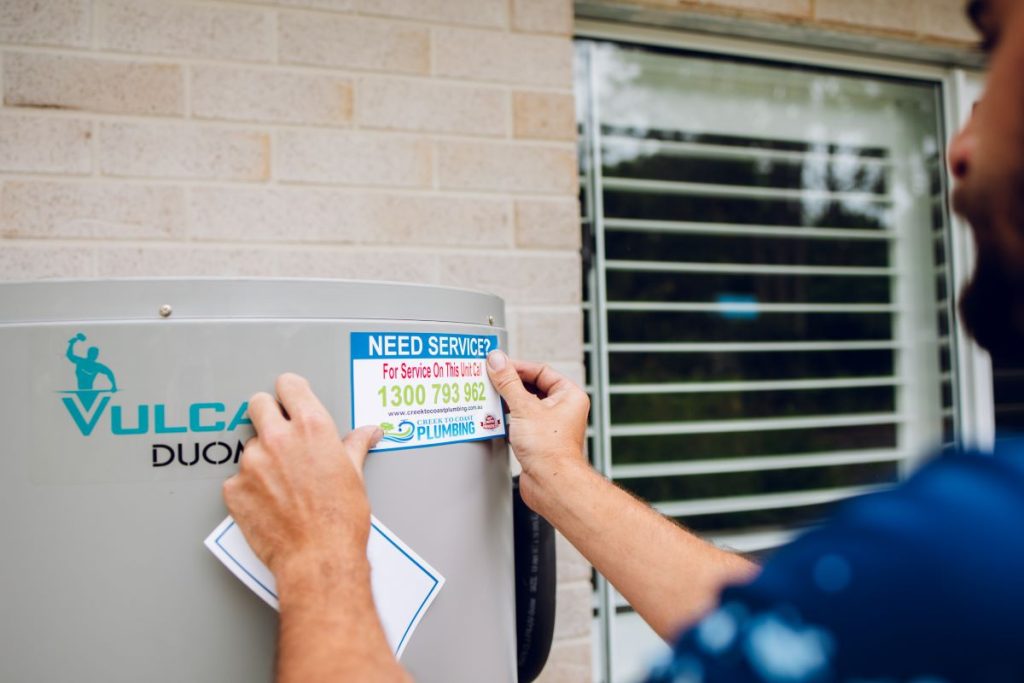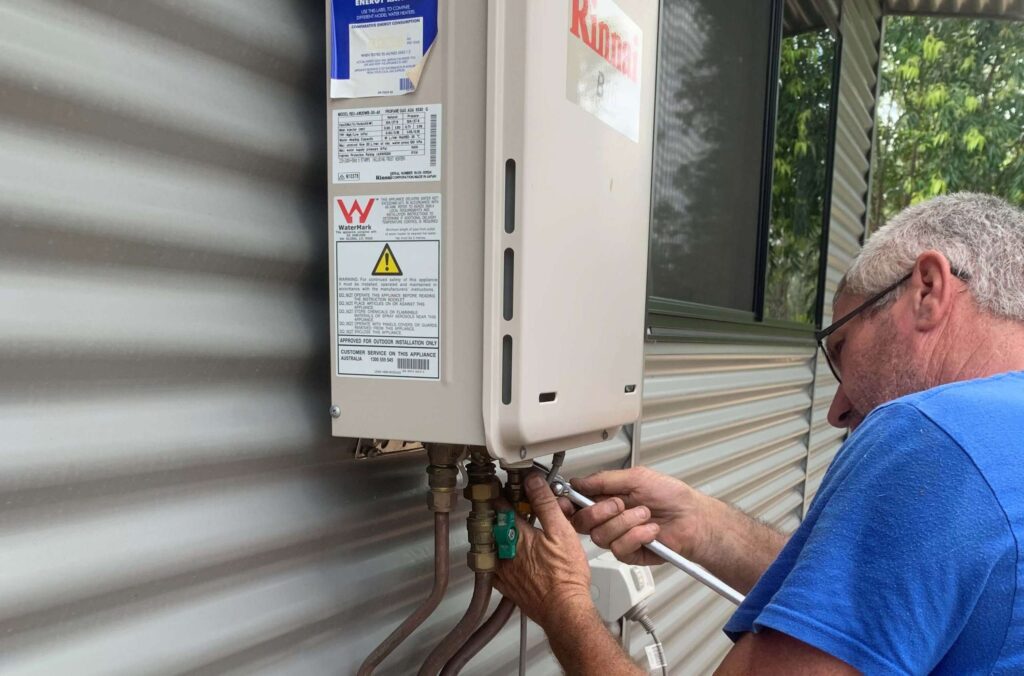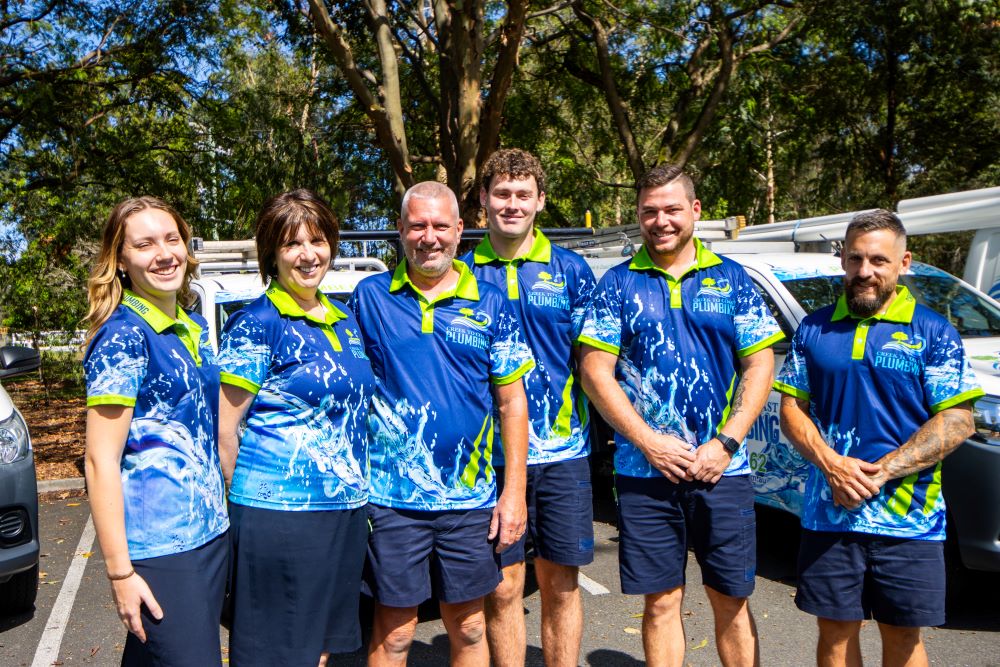If you are contemplating the installation of a solar hot water system in Queensland, it is crucial to grasp the importance of booster systems. These systems are vital for optimising the performance of your solar hot water setup. You may be questioning whether a booster is genuinely necessary for your system and the potential implications of not including this critical component. Addressing these queries is essential for homeowners who wish to maximise their hot water efficiency and secure a steady supply throughout the year, ensuring comfort and convenience in daily life.
The answer is a resounding yes — a booster is absolutely essential. In this comprehensive guide, we will explore the functionality of solar hot water systems, the specific conditions that trigger boosters, and the indispensable information that homeowners in Queensland must be aware of to avoid unexpected cold showers, thus guaranteeing a reliable supply of hot water throughout the year.

Discover the Crucial Function of Boosters in Your Solar Hot Water System
A booster acts as a secondary heat source, typically powered by electricity or gas, that effectively heats your water supply during periods when solar energy is insufficient. This functionality is essential to ensure you have a reliable supply of hot water in various situations, including:
- Overcast or rainy days when solar energy availability is limited
- Early mornings or late evenings when sunlight is scarce
- Winter months characterised by shorter daylight hours, which can significantly hinder solar gain
- High-demand scenarios, such as during additional showers or laundry loads
Without a booster in place, your solar hot water system may struggle to deliver a consistent hot water supply, particularly during peak usage times or when weather conditions are less than ideal. Therefore, comprehending the function of a booster is indispensable for maximising your hot water experience and ensuring ongoing comfort within your home.
Choosing Between Electric and Gas Boosters for Optimal Performance
Electric Boosters are commonly found in households that rely entirely on electricity for their hot water needs. These systems automatically heat the water whenever the solar input falls below a predetermined level, ensuring you have hot water available when you need it. The advantages of electric boosters include:
- Widely available and straightforward to install, making them a popular choice among homeowners
- Lower initial installation costs compared to gas systems, making them more accessible for many
- Operates automatically, ensuring hot water availability and enhancing user convenience
- Potentially higher running costs, which may fluctuate based on your energy tariff structure
In contrast, Gas Boosters are generally preferred in homes that already utilise a gas supply. They offer on-demand heating, meaning they only activate when hot water is needed, which can be a more efficient option. The benefits of gas boosters include:
- Rapid and efficient heating capabilities, delivering hot water quickly when it is required
- Generally lower running costs compared to electric boosters, which can lead to significant savings over time
- Higher initial installation costs if a gas connection is not already in place, which should be taken into consideration
For households with continuous-flow needs or those transitioning from off-grid solar systems, we highly recommend considering gas boosters due to their superior efficiency and performance benefits, which can significantly enhance your hot water experience.
Exploring How Solar Boosters Integrate Seamlessly with Your Hot Water System
Most solar hot water systems come equipped with a thermostat or sensor that continuously monitors the water temperature. If for any reason the temperature drops below the required level—typically set at 60°C for health compliance—the booster automatically activates to ensure that you always have access to hot water, irrespective of external conditions or seasonal changes.
Homeowners can choose from two options:
- Manual Boosting: This option allows you to control when to activate the booster system, providing flexibility based on your specific needs and hot water usage patterns.
- Automatic Boosting: The system engages the booster only when necessary, offering enhanced convenience for users and ensuring that hot water is always available when required.
In Queensland, automatic boosters are more commonly used due to their compliance with local regulations and the convenience they offer to homeowners. This ensures peace of mind and a reliable hot water supply, which is especially important for families and busy households.

Key Regulations Impacting Solar Hot Water Systems in Queensland
According to the Queensland plumbing regulations, it is mandatory for any compliant solar hot water system to consistently deliver hot water throughout the entire year. This regulation inherently indicates that a booster is an essential component for compliance and functionality.
This requirement also serves as a crucial safety standard. To prevent the proliferation of harmful bacteria such as Legionella, it is imperative that hot water consistently reaches at least 60°C. Without a booster in place, maintaining this temperature becomes increasingly challenging, particularly during cloudy or cold days when solar input is inadequate, potentially jeopardising health and safety.
Spotting Common Issues with Your Solar Booster System
How can you determine if your booster isn’t functioning correctly? Watch for these common indicators that may suggest underlying problems:
- Water remains lukewarm during the colder winter months, indicating potential issues with heating
- Experiencing cold showers in the mornings, even after sunny days, which suggests inadequate heating performance
- System fault lights or error codes appearing on your unit, signalling potential malfunctions that require immediate attention
- Hot water is only available after prolonged exposure to sunlight, suggesting inadequate heating performance and reliance on solar input alone
What actions should you take?
If your system is not performing as expected, the issue could be related to the booster rather than the solar panels themselves.  Schedule a comprehensive system check with our professional team to identify and resolve any issues efficiently, ensuring optimal performance and a reliable hot water supply.
Schedule a comprehensive system check with our professional team to identify and resolve any issues efficiently, ensuring optimal performance and a reliable hot water supply.
Recommended Maintenance Intervals for Your Solar Boosters
To guarantee that your solar system and booster operate at peak performance, we suggest scheduling maintenance every 2–3 years. However, earlier servicing may be required if you notice:
- Your system is older than five years, which can lead to declines in efficiency and increased energy costs
- Inconsistent water temperatures, indicating potential malfunctions or issues that could disrupt your hot water supply
- A significant amount of time has passed since the anode rod or valve was inspected, which can adversely affect performance and require immediate attention
Regular maintenance not only helps prevent breakdowns but also ensures that your booster activates when needed, providing you with consistent hot water when you need it most, particularly during peak usage times, enhancing your overall comfort.
Evaluating the Financial Implications of Boosters on Your Energy Expenses
A properly installed and well-maintained booster system typically has a minimal impact on your energy bill, especially when compared to systems that depend solely on electricity for heating water. This can lead to significant savings over time, making a booster a worthwhile investment.
To reduce the frequency of booster usage and associated costs, consider implementing the following strategies:
- Install a timer for manual boosters to optimise energy usage effectively and reduce costs associated with heating
- Utilise hot water primarily during daylight hours when solar energy is abundant and cost-effective, maximising your system's efficiency
- Insulate your pipework to minimise heat loss, thereby enhancing overall efficiency and reducing energy expenditure
Expert Guidance for Your Solar Booster Requirements in Queensland
We offer comprehensive services for the supply, installation, and maintenance of solar hot water systems with boosters throughout Caboolture, Moreton Bay, and North Brisbane. If you are uncertain about the functionality of your booster or require assistance in determining the best type for your system, we are here to help you navigate your options and make an informed decision.
 Contact a licensed solar plumber today for expert advice on your system.
Contact a licensed solar plumber today for expert advice on your system. Explore detailed cost comparisons and various system types here to empower your decision-making process effectively.
Explore detailed cost comparisons and various system types here to empower your decision-making process effectively.

Comprehensive Answers to Your Frequently Asked Questions About Solar Boosters
Can I deactivate my booster to conserve energy?
Yes, you can, but this is only advisable if your system allows for manual control. However, proceed with caution—without proper monitoring, the risk of experiencing cold water increases significantly, especially during high-demand periods when hot water is most needed for your daily activities.
What is the optimal temperature for hot water?
Hot water should reach at least 60°C for storage systems. This temperature is not only a legal requirement but also a crucial health standard in Queensland, ensuring safety and preventing bacterial growth in your water supply, thereby safeguarding your health.
Is it feasible to add a booster to an existing solar system?
Absolutely! We can retrofit boosters onto compatible systems or assist you in upgrading to a new model that features integrated control for enhanced functionality and efficiency, ensuring your hot water needs are met reliably and efficiently.
The Article: Solar Hot Water Systems: Is a Booster Necessary? first appeared on https://writebuff.com
The Article Booster for Solar Hot Water Systems: Is It Needed? Was Found On https://limitsofstrategy.com
The Article Booster for Solar Hot Water Systems: Essential or Not? found first on https://electroquench.com
